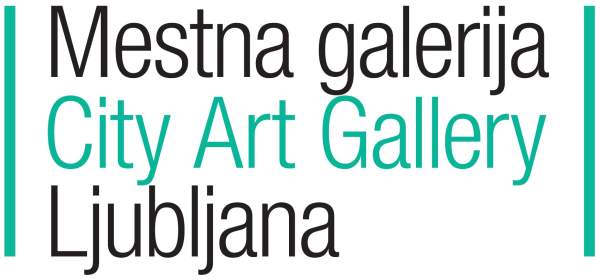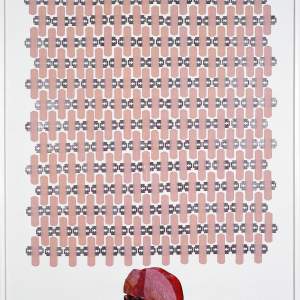Stane Jagodič. Why?
Stane Jagodič. Why?
Socially Engaged Collage
6. 11. 2025 – 23. 1. 2026
The exhibition is part of a larger overview entitled Stane Jagodič. Restless Eye, which will be on view at the City Gallery Ljubljana, until the 8th of February, 2026.
At this exhibition in Photon Gallery, Stane Jagodič presents a selection of socially engaged, politically satirical, and anti-war photo collages that he has been creating since the beginning of his career. Particular emphasis is placed on his recent works, in which he responds to current events, especially the war in Ukraine. Jagodič published his first socially critical cartoons as early as the mid-1960s, but soon discovered photo collage as the ideal medium for expressing his socially critical views – a medium through which he could hold up a mirror to irrational politicians, warmongers, and sponsors of war.
His ideas for socially critical works stem from a deep social and humanistic sensibility and are shaped by contemporary socio-political conditions at home and abroad. Most of his works also reflect his philosophical, political, ideological, and social understanding of global events. Yet, as in his satirical drawings and caricatures, his wit, sense of humor, and above all, his feel for the paradoxical often come to the fore in his photo collages.
For this exhibition, a selection of approximately 40 photo collages from different periods and cycles of Jagodič’s oeuvre has been made, all sharing an anti-war theme. The titles of the cycles from which the works are selected are telling in themselves: Way to a Bright Future, Quo vadis Libertas?, Quo vadis Homo?, A Walk Through the 20th Century, A Walk Through the 21st Century, Homo Animalis. The irony resonating in these titles becomes even more apparent in the titles of individual works, although it is often replaced by unrelenting poignancy and even cynicism. The process of creating titles for his cycles and individual works reveals yet another creative facet of the artist – Jagodič is exceptionally skilled in the use of language, which comes as no surprise, since he is also known as a writer, editor, and columnist.
The overview Restless Eye will focus on “works on paper,” a specific segment of Jagodič’s creativity encompassing drawing, printmaking, caricature, photography, photo collage, and other derivatives within photographic media. As the title suggests, an important theme and connecting thread of the exhibition is Jagodič’s distinctly formal – that is, experimental and neo-avant-garde – approach to this medium. At the same time, it highlights his satirical and critical view of the world, as an artist who has, for decades, been addressing social and political issues through powerful visual expression and an engaged approach.
The concept of the exhibition at the City Gallery Ljubljana is designed to showcase representative works in the fields of drawing, printmaking, mail art, and caricature, curated by Barbara Sterle Vurnik. The segment devoted to photography and photo collage, including references to photo-graphics and the use of X-ray techniques, has been prepared for this exhibition by co-curator Dejan Sluga.
Curator: Dejan Sluga
Collaboration with:


- Stane Jagodič, Why?
- Stane Jagodič, Visionary, 1985
- Stane Jagodič, Love Your Neighbour, 1977
- Stane Jagodič, 20th Century Triptych, 1991












